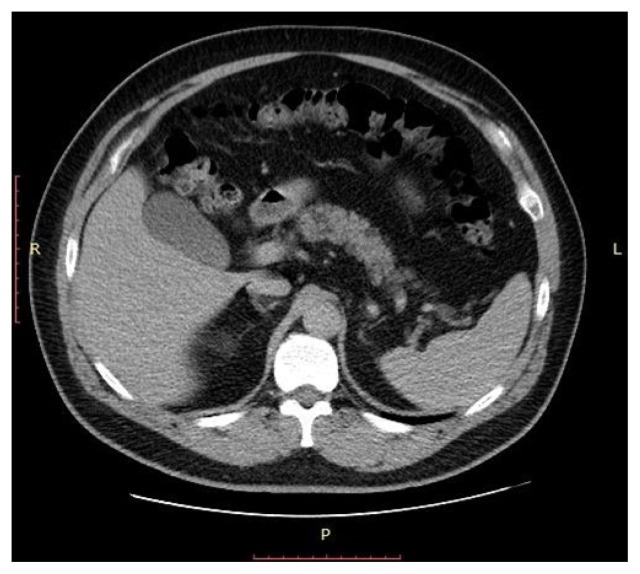Thiazide-Induced Pancreatitis.
Kansas Journal of Medicine
Pub Date : 2022-06-20
eCollection Date: 2022-01-01
DOI:10.17161/kjm.vol15.16534
引用次数: 0
Abstract
INTRODUCTION Acute pancreatitis (AP) is an acute inflammatory disease of the pancreas and is associated with a wide spectrum of clinical manifestations, ranging from mild disease to more severe forms, even requiring intensive care unit hospitalization.1 The reported annual incidence of acute pancreatitis in the United States ranges from 4.9 to 35 per 100,000 population.2 Pancreatitis due to medications is rare (< 5%).3 Published reports have identified about 50 drugs that definitely or possibly may be held responsible for inducing acute pancreatitis.4 Also, the global prevalence of hypertension is high, and among nonpregnant adults in the United States, treatment of hypertension is the most common reason for office visits and the use of chronic prescription medications.5 Drug-induced pancreatitis remains a challenge for physicians. It needs further consideration when a patient has a clinical presentation suggestive of acute pancreatitis without a significant cause. This report involved a case of hydrochlorothiazide-induced pancreatitis in a patient who recently had started this medication for blood pressure control. We aimed to determine the association of thiazide drugs with the incidence of pancreatitis and add to the literature this rare case.

Thiazide-Induced胰腺炎。
本文章由计算机程序翻译,如有差异,请以英文原文为准。
求助全文
约1分钟内获得全文
求助全文

 求助内容:
求助内容: 应助结果提醒方式:
应助结果提醒方式:


